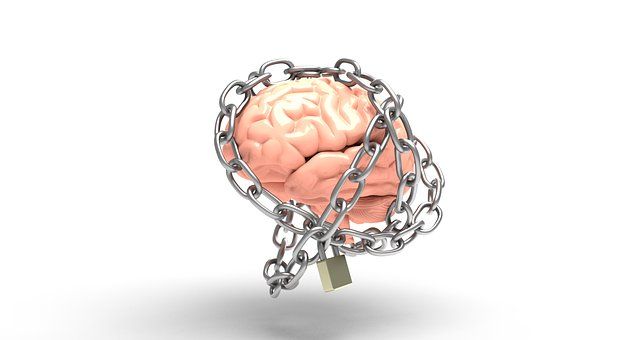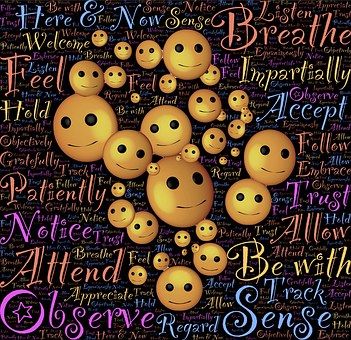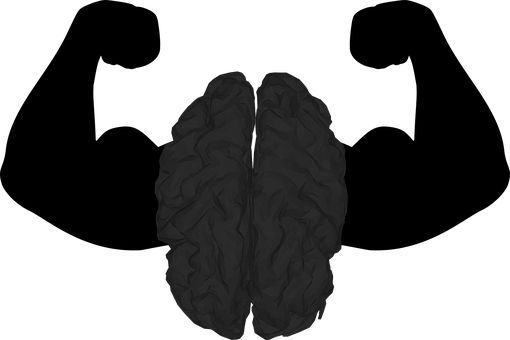Mental Health Problems : Stop The Stigma
May 20, 2019 • 43 views

One of the biggest taboos prevailing in the Indian society is the concept of mental health issues. In today’s world, where the complexity of the human mind is not a foreign concept to us, it is astonishing to see how so many people are unable to come to terms with the existence of this problem.
The common phrase “Just because you can’t see it, doesn’t mean it isn’t there.” is a perfect way to explain the current status of this problem. As opposed to any physical illness or damage, mental health is still not given the importance it deserves, the consequences of which have been nothing short of disastrous with patients being left unattended at their worst hours.
Mental health is just like physical health, it needs to be taken care of.
·Unexplained mood swings
·Declining interest in social interaction
·Lack of empathy
·Inability to distinguish reality from illusion
·eating disorders
are merely few symptoms indicating the possibility of the existence of a mental health problem.

Depression is one of the most common problem faced by our society which is a clear indication of the type of environment we live in.
·Persistently high stress levels
·Cut throat competition
·Fear of not being accepted
·The pressure of not letting people down
are some of the factors that trigger mental disorder.
As if being judged by your own mind wasn’t enough already, our society has been nothing but hostile towards anyone seeking help for these problems by terming the patient as inane or not fit to be a respectable member of the society. It is truly devastating to see the number of cases where the patient has been driven to extensive measures such as self-harm or even suicide only because they were shunned from society for taking help when it was needed.

As ridiculous as it is to put a Band-Aid over a severely injured arm in hopes of it healing again, telling someone to ‘be happy’ or chiding them about ‘not being strong enough’ does not help the situation but only shows insensitivity and makes the patient feel abnormal in his own shoes. Problems like depression cannot be covered by terming it as ‘just another bad day’. It isn’t always easy to spot someone facing a mental disorder. The reasons are not always frowns, isolation and a low spirit. For all you know, a person you would otherwise label happy, cheerful and socially active could be facing tough times that are not visible to our eyes.

A mental disorder is the silence behind a wide smile, tears behind a crinkle and a sense of loneliness in a crowded room. It takes immense courage to speak about an issue that is not openly accepted in our society, especially when the sufferer is you. Therefore, when anybody facing a mental disorder confides in you and seeks help, telling them to ‘not give it too much thought’ or term it as overreacting effectively worsens the problem at hand. The primary step that should be taken is to contact a professional who knows the right things that should be said and done.
With the collective effort of various health camps and awareness programmes, the currently prevailing stigma around the problem is slowly breaking as a number of survivors have shared their stories, thus spreading the message of the importance of mental health and how it is possible for the patient to get back to living their normal lives again by ensuring them that however tough time gets, they are not alone in this journey. Simple actions like talking to someone who feels low, suggesting therapy and merely showing emotional support are big steps to saving a life that could have gone astray on the path of a severe mental problem.

Mental disorders will continue to remain a crisis to be dealt with if correct measures aren’t taken to spread awareness and knowledge. It may be a small step but it is a leap in making our society a better place to live in.
